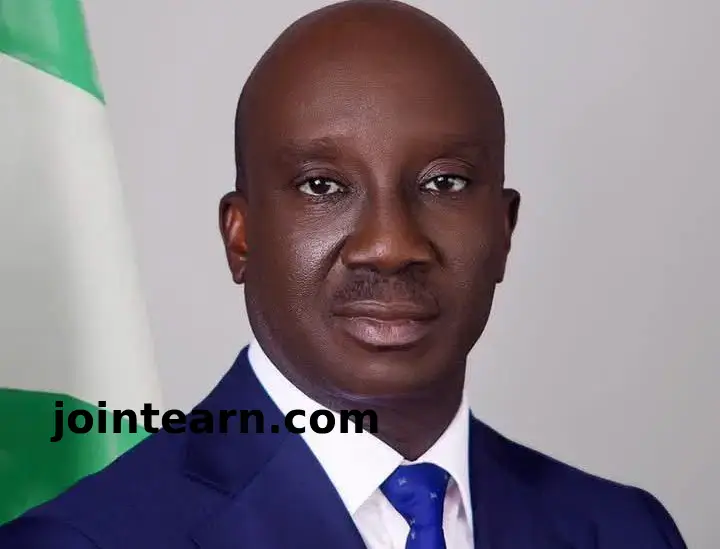
BENIN CITY — The Edo State Commissioner for Information and Strategy, Prince Kassim Afegbua, has defended Governor Monday Okpebholo’s decision to expand the Edo State Executive Council (Exco) to include 27 commissioners, describing it as a strategic move aimed at enhancing governance efficiency and ensuring that government policies reach the people effectively.
The new cabinet, inaugurated recently, is the largest in the history of the state, with 27 commissioners cleared and one nomination still pending. The development has generated mixed reactions among Edo residents and political observers, with some raising concerns about the size of the cabinet and its implications for the cost of governance.
Efficiency, Not Size, Matters
Speaking in an interview with Vanguard, Afegbua dismissed such concerns, insisting that the focus should be on performance and impact, not merely the number of ministries or commissioners.
“When people talk about the size of governance and the cost of governance, the issue is not necessarily the size,” he said. “It is about whether what you are doing has an impact on the wellbeing of the people.”
Afegbua added that the Okpebholo administration remains committed to delivering on its campaign promises and improving the welfare of Edo citizens. He argued that corruption, rather than cabinet size, is the major driver of inefficiency in governance.
“Corruption is the bane of public service in Nigeria and elsewhere. Once we cut the incidence of corruption, you have solved almost 70 percent of the problem. Since the governor came on board, he has been executing legacy projects and paying contractors promptly. That’s the kind of efficiency we want to sustain,” he said.
Focus on Value Creation
The Information Commissioner maintained that the creation of additional ministries was not arbitrary but designed to cover key sectors of the economy more comprehensively.
“People should be looking at whether those ministries have value to add to the state’s economy,” Afegbua said. “If you ask me, they are not out of place. They were created to ensure broader service delivery and effective implementation of government programmes.”
Delay in Cabinet Formation
Addressing why it took almost one year for the administration to fully constitute its cabinet, Afegbua explained that the delay was due to political negotiations and competing interests within the state’s political landscape.
“The cabinet was already functioning, even if it wasn’t full-blown. The governor and his team have been working and holding Exco meetings. The delay came from pressures by various interest groups and political actors. But that has been resolved, and now the cabinet reflects inclusivity and balance,” he said.
Transparency and Continuity
Afegbua also took a swipe at the previous administration of Governor Godwin Obaseki, accusing it of lacking transparency and clarity in governance.
“The last administration ran the state on unclear bases. Many of its policies and programmes were obscured,” he said. “Governor Okpebholo’s approach is different — open, accountable, and people-centered.”
He concluded that the expanded cabinet will help drive Edo State’s development agenda, strengthen accountability, and ensure that governance outcomes are visible, measurable, and impactful.


Leave a Reply